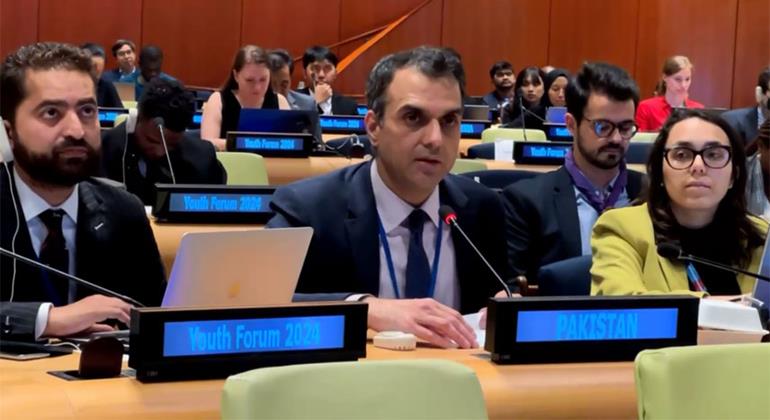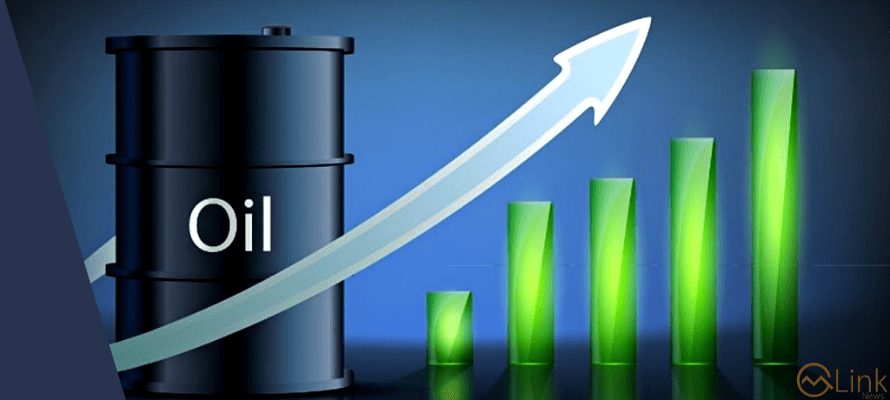February 09, 2022 (MLN): Pakistan has successfully supported growth through the global Covid shock while lowering public debt and increasing foreign exchange reserves, said Dr Reza Baqir, Governor State Bank of Pakistan while addressing the investors on Monday.
While elaborating the improving outlook for Pakistan’s economy Dr Baqir said Pakistan has reduced its public debt to GDP ratio by 2.9 in 2021 over 2019 despite Covid unlike most of the countries where the delta during the same period highlighted the notable increase in debt to GDP ratio.
Meanwhile, the foreign exchange reserve buffers have continued to increase in terms of increase in exports, remittances, growth in the IT sector and Roshan Digital Account, he added.
With regards to Covid-19, Dr Baqir stated that the country experienced a relatively mild contraction during the Covid shock and recovery from Covid has been strong and better than many countries.
A sharp focus on public health and poverty reduction and aggressive, timely, and targeted support from the government and the central bank has made it possible for Pakistan to manage multiple waves of the Covid pandemic.
In order to overcome the issue of poverty to some extent, the government under the Ehsaas program, disbursed cash payments to the most vulnerable segments of society to cope with the situation during the lockdown.
In addition, timely and innovative measures from State Bank helped save jobs and lives and revive investment. The apt measures include a principal loan extension program to ease cash constraints of borrowers, relief for loan restructuring to borrowers to combat economic disruptions, a Rozgar scheme to prevent layoffs by financing wages and salaries of employees, and a Temporary Economic Refinance Facility (TERF).
He also highlighted that SBP had reduced the policy rate aggressively by 625 bps during Covid-19 compared to the Global Financial Crisis of 2008.
It is pertinent to mention that the SBP’s policy response during Covid was more proactive and pronounced than during the previous Global Financial Crisis (GFC) of 2008 as the impact of policies stands at 5% compared to GFC where it stood at 1.5% only.
The current challenges of inflation and current account are primarily driven by a sharp rise in global commodity prices; Pakistan is well-poised to address these challenges through a timely macroeconomic policy response than in the past, he noted.
Like in most of the world, the post-Covid surge in global commodity prices has contributed to a rise in import prices. The rise in inflation in Pakistan since the commodity price hike has been broadly in line with that in other countries
On the current account deficit, the governor indicated that it is primarily driven by commodity prices. He also predicted that the non-oil balance to remain in surplus, in response to coordinated monetary and fiscal policies.
To note, the non-oil current account balance has been in surplus for two consecutive fiscal years.
Compared to the previous experience of rising current account deficit, a flexible exchange rate, proactive monetary policy and continued fiscal prudence will help avoid a boom-bust cycle.
The central bank has taken key initiatives to address several longer-term challenges by promoting investment, financial inclusion through affordable housing and lending to SMEs, digitization of the financial sector and clean energy.
During Covid, SBP launched TERF, a new concessional refinance scheme to promote investment and strengthen Pakistan’s productive capacity and disbursements under TERF have been helping to unleash a new wave of industrialization and investment in the country.
Moving on, to increase financial inclusion, SBP is promoting affordable housing under the Mera Pakistan Mera Ghar (MPMG) scheme. As of January 31, 2022 financing worth Rs131 billion has been approved under MPMG while, Rs44bn have been disbursed.
A new innovative scheme has also been launched to increase SME financing by introducing collateral-free lending for SMEs, he said.
SBP has undertaken landmark efforts to digitize the economy that will also boost financial inclusion. The initiatives include licensing framework for digital banks as per which the new detailed regulatory framework has two types of licenses; Digital Retail Bank (DRB) and Digital Full Bank (DFB).
Furthermore, the minimum capital requirement for DRBs is set at Rs1.5 billion during the pilot phase, and will gradually increase to Rs4 billion over three years. After successful completion of the transition, DRBs may qualify for a DFB license, subject to certain requirement
Moreover, SBP has also launched RAAST- Pakistan’s 1st real-time & secure electronic payment system for retail payments that aims to help in real-time payments of salaries & pensions; payments to and from small vendors & merchants; and person-to-person transfers.
It is developed in coordination with Bill & Melinda Gates Foundation and Karandaaz Pakistan.
Digital onboarding framework for customers has also allowed Pakistanis to have simplified and convenient options to digitally open Asaan Digital Account, Asaan Digital Remittance Account, Freelancer Digital Account & Digital Account.
Since Pakistan’s economy is facing the dual challenge of energy shortage and climate change and the inadequate supply of energy has severely impacted the growth of industries/businesses and the welfare of the public in general, the SBP has launched a concessional refinance scheme promoting investment in renewable energy.
Under this scheme, a total of 1,175 projects have been obtained Rs74 billion that have a combined capacity to produce 1,375 megawatts of energy, he informed.
Copyright Mettis Link News
30719










